The Importance of Quarterly Fire Sprinkler Inspections
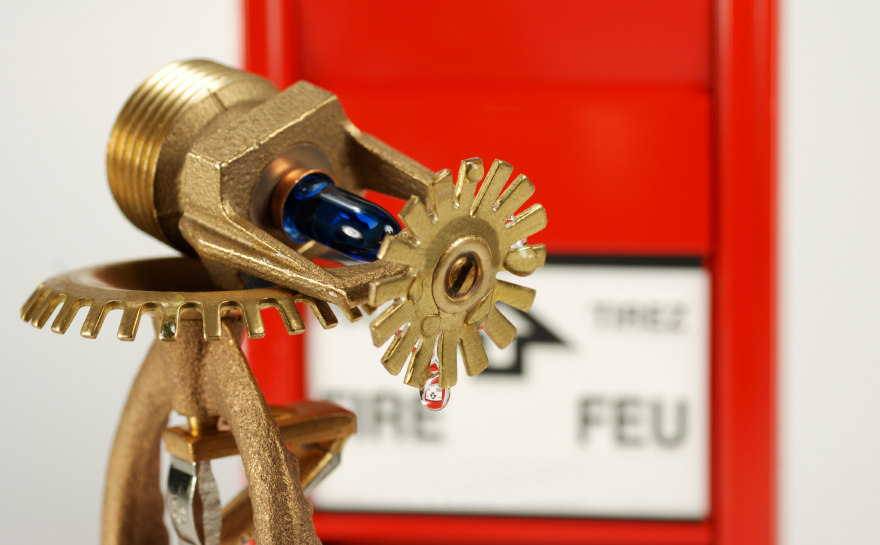
Commercial fire sprinkler systems are a reliable and effective way to save lives and protect your business assets. They provide 24-hour protection from fire without being monitored or manually operated and are designed to stop fires before they grow and spread.
Over time, issues like rust, pipe corrosion, improper water pressure, and damaged sprinkler heads can affect a water sprinkler system’s effectiveness. To ensure systems operate correctly, the National Fire Protection Association sets minimum standards for commercial fire sprinkler systems, including mandatory quarterly testing, inspection, and maintenance by a certified professional. NFPA 25 establishes the baseline for these services, and compliance with these regulations helps maximize system integrity and performance.
Firetech Sprinkler Corp. understands the importance of performing quarterly inspections. Our fire sprinkler inspection, testing, and maintenance services are designed to keep people, property, and other business assets protected against fire-related damages and injuries.
What a Quarterly Commercial Fire Sprinkler Inspection Entails
As mandated by the NFPA, scheduled quarterly professional inspections must include visually checking and testing your system’s mechanical devices, including:
- Water flow tests
- Sprinkler heads
- Valve supervisory alarm devices
- Control valves for proper position and damage
- Checking backflow preventers
- Gauge accuracy
- Pipe hangers, brackets, and drains
- Piping
- Supervisory signal devices
- Hydraulic nameplates
Written records of quarterly inspections must be maintained. Once your inspection is complete, our technician will document the date and their findings, including any deficiencies you must correct. We also recommend you have in-house trained staff conduct weekly inspections to ensure you’re always aware of any developing problems.
We Can Help!
Contact UsWhy Commercial Fire Sprinklers Need Inspecting and Testing Services
A commercial fire sprinkler system is one of the most effective protections your business has against a devastating fire. NFPA research shows that sprinklers help:
- Reduce the impact of fires: Fire death rates were nearly 90% lower, and fire-related injuries were 27% lower when sprinklers were installed.
- Control fires: In 77% of fires where sprinklers performed, one sprinkler was usually found to be enough to bring a fire under control. In 97% of fires, five or fewer sprinklers activated. And where flame damage occurred, it was confined to the room or area of origin in 95% of fires, protecting the rest of the building.
- Reduce loss: Sprinklers operate in over 90% of fires large enough to activate them. And of those instances, sprinklers controlled 96% of the fires. In addition, the average loss in a building or facility with sprinklers is up to 68% lower than in buildings without them. That’s because smoke damage is limited, and the water damage caused by sprinklers is far less costly than that caused by professional firefighting equipment.
Keep Your Fire Sprinkler System Working Optimally
Your sprinkler system must be professionally maintained, inspected, and tested throughout the year to ensure its effectiveness. Other NFPA-required inspections include:
- Weekly: Inspect dry gauges
- Monthly: Inspect wet pipe system gauges
- Annually: Schedule professional inspection of pipes, fittings, spare sprinklers, hanger/seismic bracing, and information signage
- Every five years: Conduct an internal inspection of piping
- Every 10 years: Inspect and test dry sprinklers.
Firetech Sprinkler Corp. recommends making these mandated fire sprinkler inspections and testing a part of your company’s overall fire safety program. Our scheduled inspection and testing services ensure your system operates correctly and help identify minor issues before they become major problems.
To learn more about our services or to schedule an inspection, contact us online or call us at 802-655-1800.


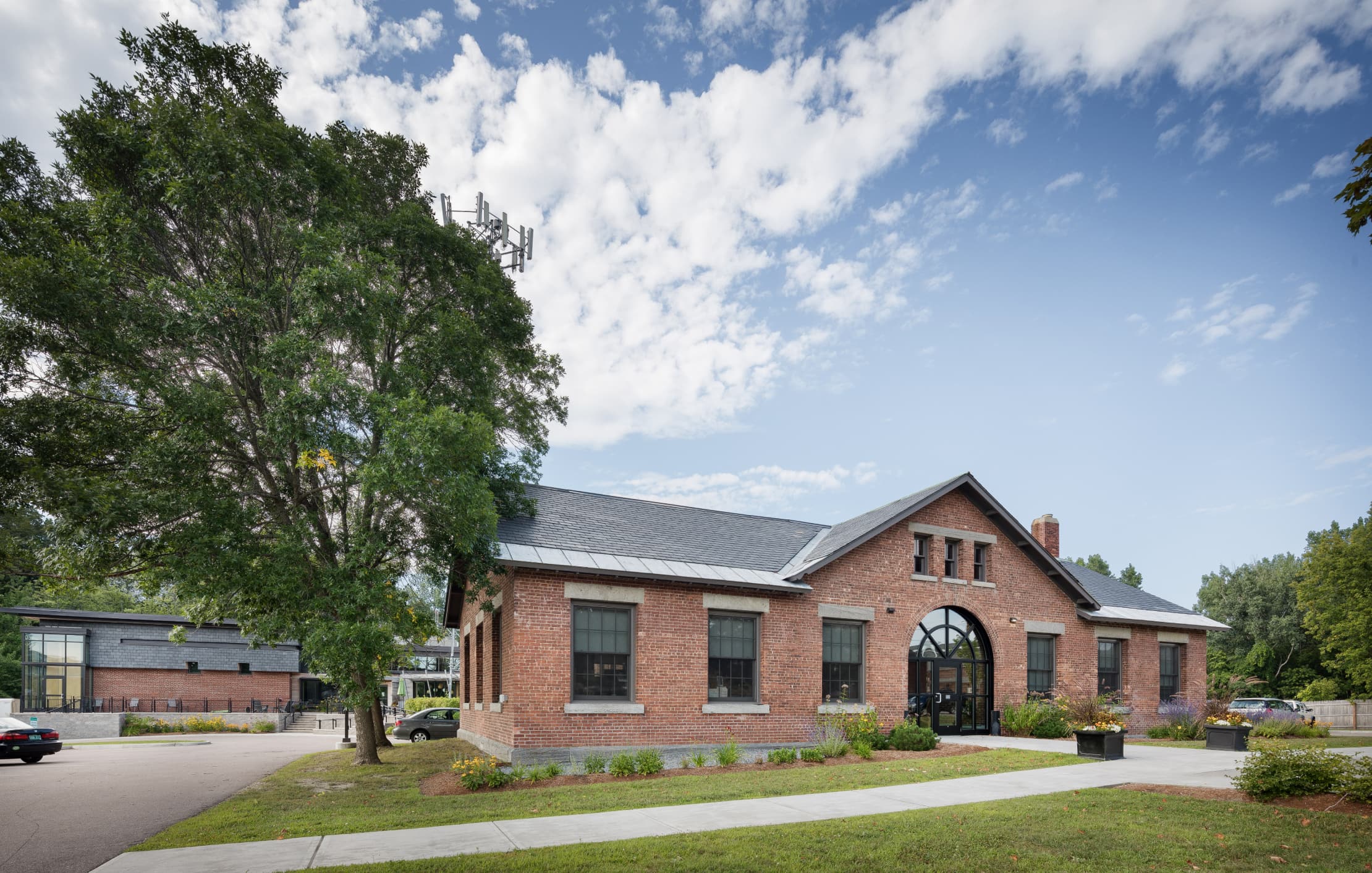
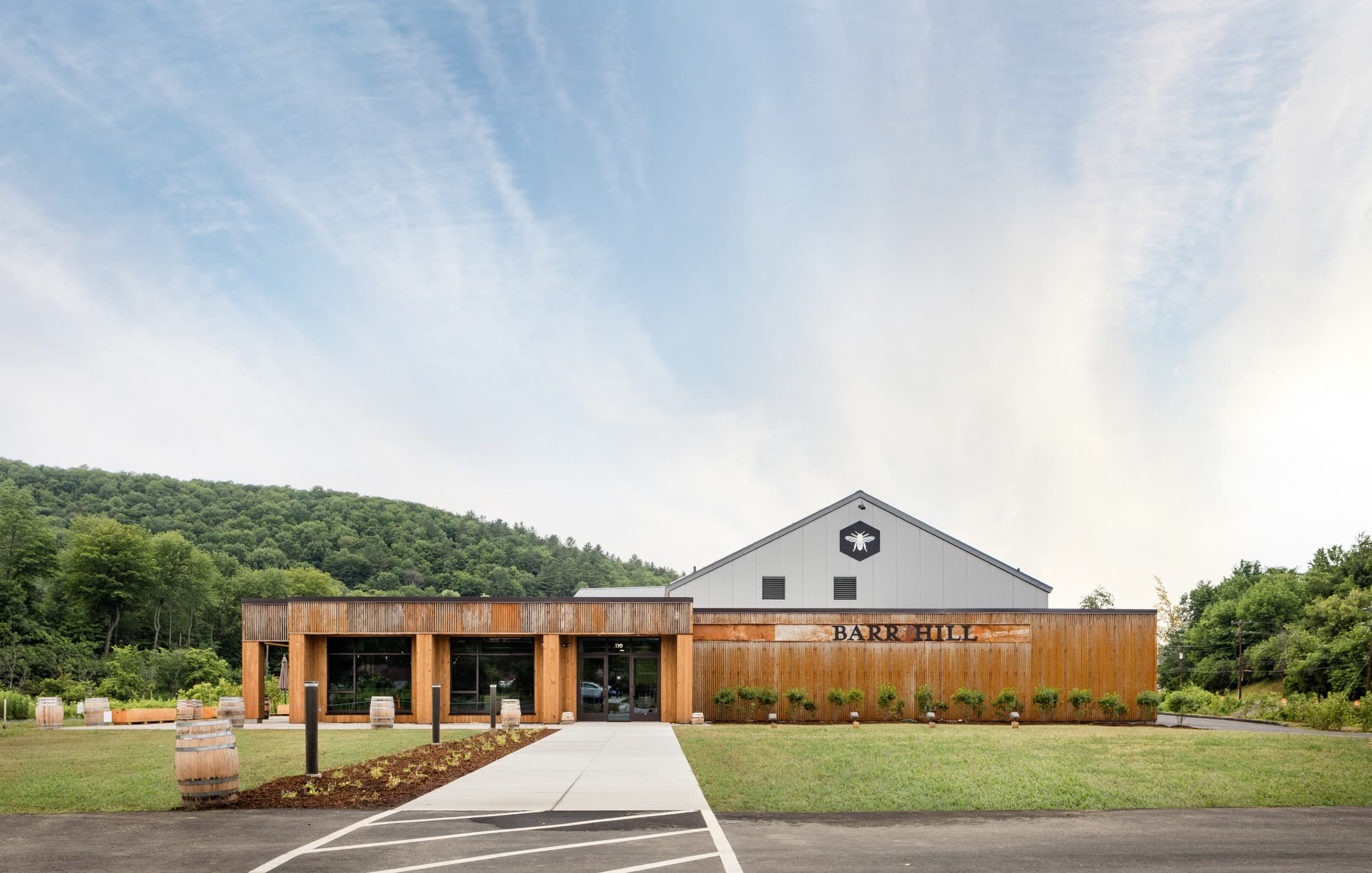
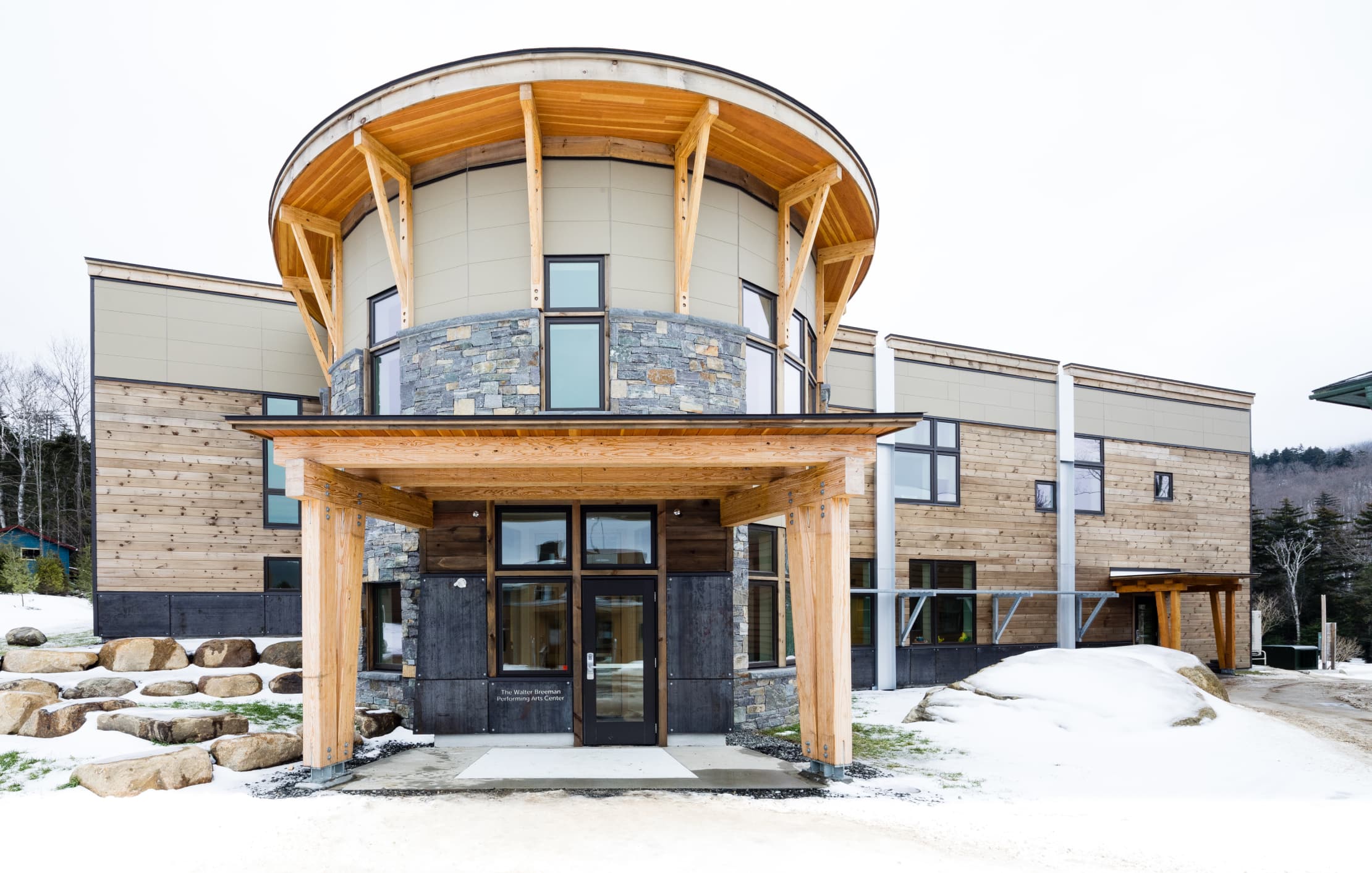
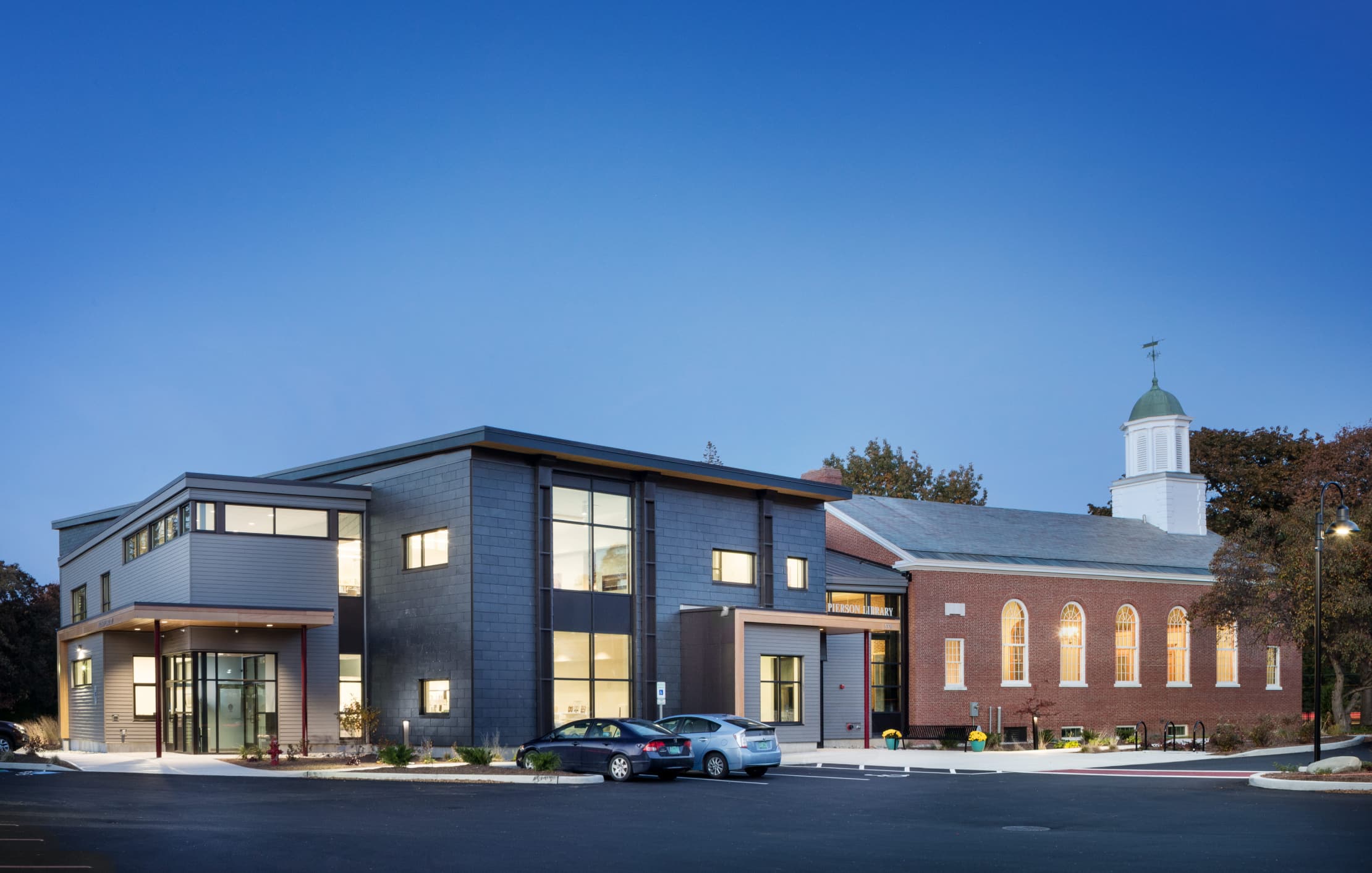
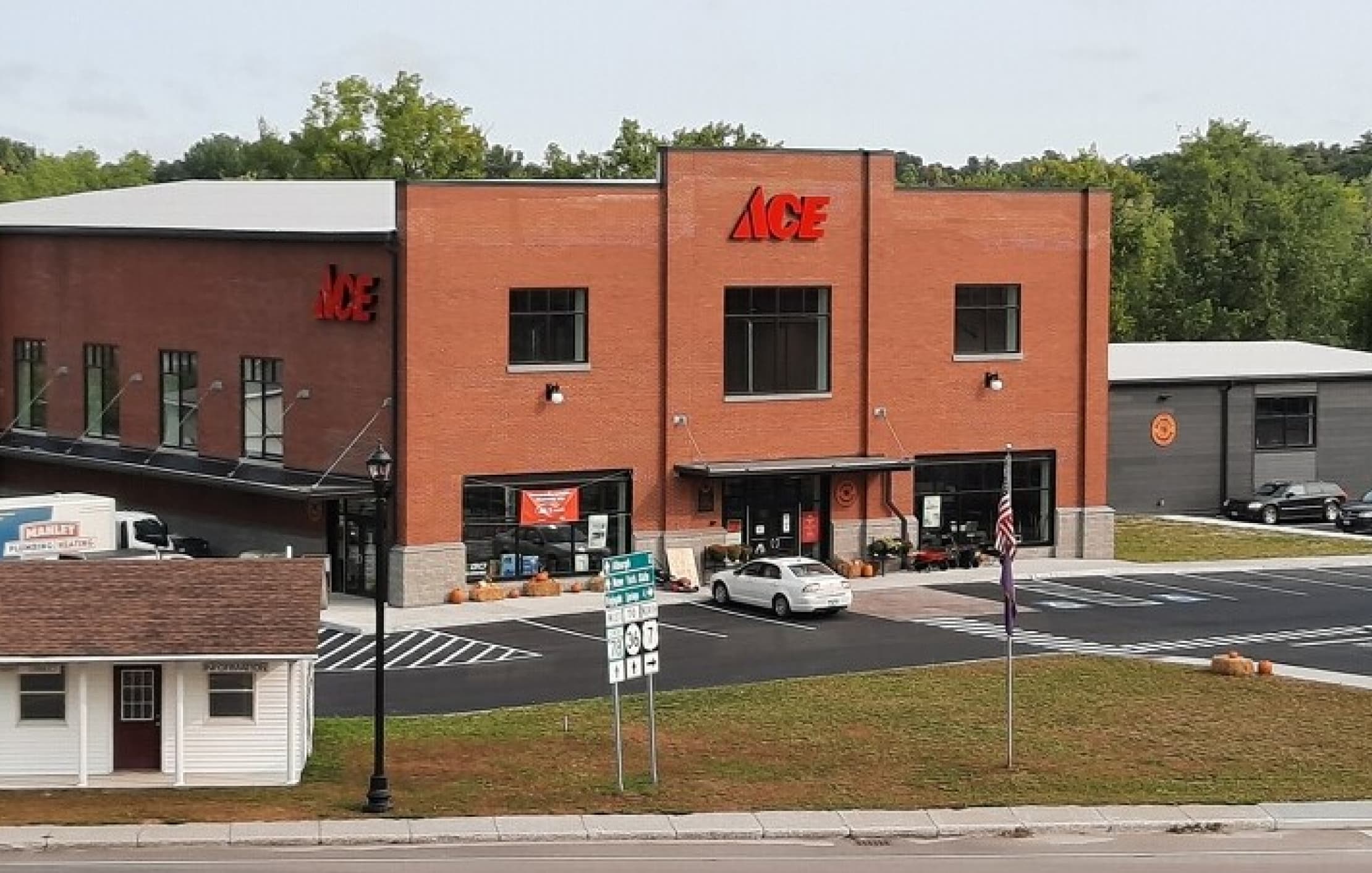

 View All Projects
View All Projects